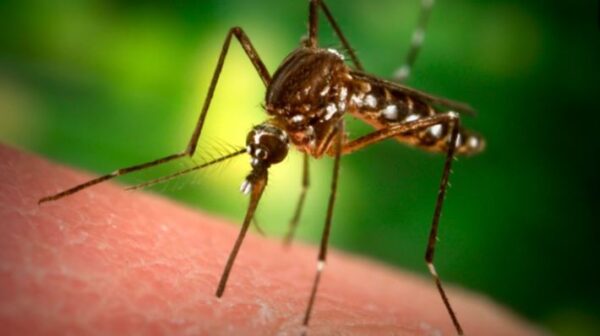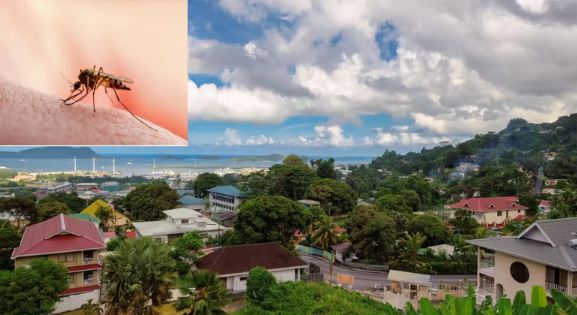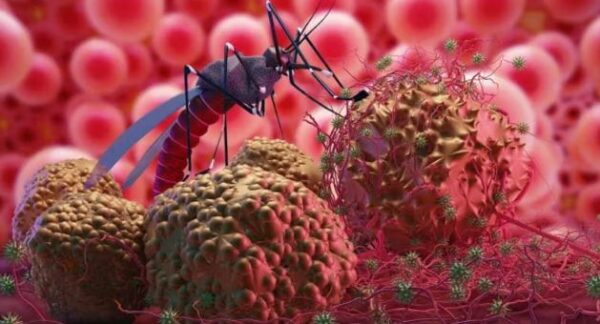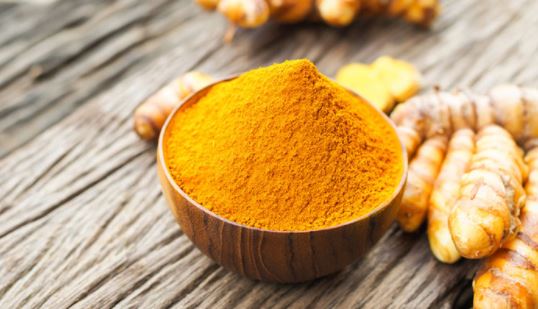Lifestyle
Malaria treatment: 5 essential steps for faster recovery

Malaria, a life-threatening disease and a significant global health challenge is caused by Plasmodium parasites transmitted through infected mosquito bites.
According to the World Health Organization (WHO), in 2022, there were an estimated 249 million cases of malaria worldwide, resulting in 608,000 deaths.
Malaria mostly spreads to people through the bites of infected female Anopheles mosquitoes.
Reusing syringes contaminated with malaria-infected blood or blood transfusion may also transmit malaria.
The initial symptoms may be modest, resembling numerous febrile conditions and difficult to identify as malaria.
While the disease might be fatal, prompt and effective treatment is critical to recover from malaria to avoid serious consequences.
Here are five essential steps to follow for a faster recovery:
Step 1 – Seeking immediate medical attention: Malaria recovery depends on early diagnosis and treatment. Delaying medical consultation might cause the disease to worsen, raising the chance of serious consequences and making treatment more difficult. Malaria symptoms, such as fever, chills, headache, nausea, and exhaustion, are sometimes confused for other ailments. If malaria is suspected, especially if one has recently been to or lives in a malaria-endemic area, seek medical attention. To confirm the existence of the malaria parasite and establish the kind of malaria, medical experts will use diagnostic tests such as a blood smear or quick diagnostic test.
Step 2- Maintaining proper hydration: Drinking plenty of drinks and water to preserve electrolyte and fluid balance is critical when recovering from malaria. Water is essential for flushing toxins from the body and speeding up healing. Consuming sugarcane juice, tender coconut water, lemon juice, and water-rich fruits such as oranges, watermelon, muskmelons and cucumber would be useful. While suffering from malaria, hunger becomes very low, therefore drinking enough fluids will help in regaining energy and avoid dehydration. Proper hydration can also assist with symptoms such as headaches and muscle pain.
Step 3- Getting adequate rest: Malaria can be a physically demanding illness, causing a range of weakening symptoms such as fatigue, fever, and dehydration. During the course of the illness and treatment, adequate rest is absolutely crucial for the body’s recovery process. Malaria can be extremely exhausting, sapping up energy reserves and leaving one feeling drained out. The body will need ample time to heal and regain its strength after battling this dangerous infection.
Step 4- Consuming a high protein food: Malaria can cause muscle loss, leaving a person feeling fatigued and weak. Increasing protein intake is the most effective way to boost overall health and speed up the recovery process. A diet high in protein and complex carbohydrates is beneficial because the body can use the protein for cell and tissue repair and growth. Consuming high-quality protein will speed up recovery by encouraging the immune system to attack parasites. It is advantageous to incorporate leafy vegetables, beans, nuts, lean meat, eggs, dairy, and dairy products. Excessive consumption of fat can also disrupt the functioning of the digestive system, it is advisable to consume fat in controlled portions as the body recovers.
Step 5- Preventing re-infection: In the process of recovering from malaria, taking steps to prevent reinfection is crucial, especially in endemic regions. Avoiding contact with mosquitoes by using insect repellent gels/creams, covering exposed parts of the body, using bed nets, especially during the night when mosquitoes are most active and screening the houses with wire mesh.
Severe malaria cases may require additional supportive treatments, such as intravenous fluids, oxygen therapy, or blood transfusions, to address complications like severe anemia, respiratory distress, or organ failure.
Malaria is a serious disease that demands immediate and adequate treatment. Following these crucial steps, along with the advice of a medical professional, can raise the odds of a speedier recovery and lower the risk of serious problems. Early diagnosis, taking proper rest for the body to be able to recover, sufficient hydration to flush out toxins from the body, a protein-rich diet to help boost immunity and fight with the parasite infection, and proper preventive care are all important components for a rapid recovery from malaria.










